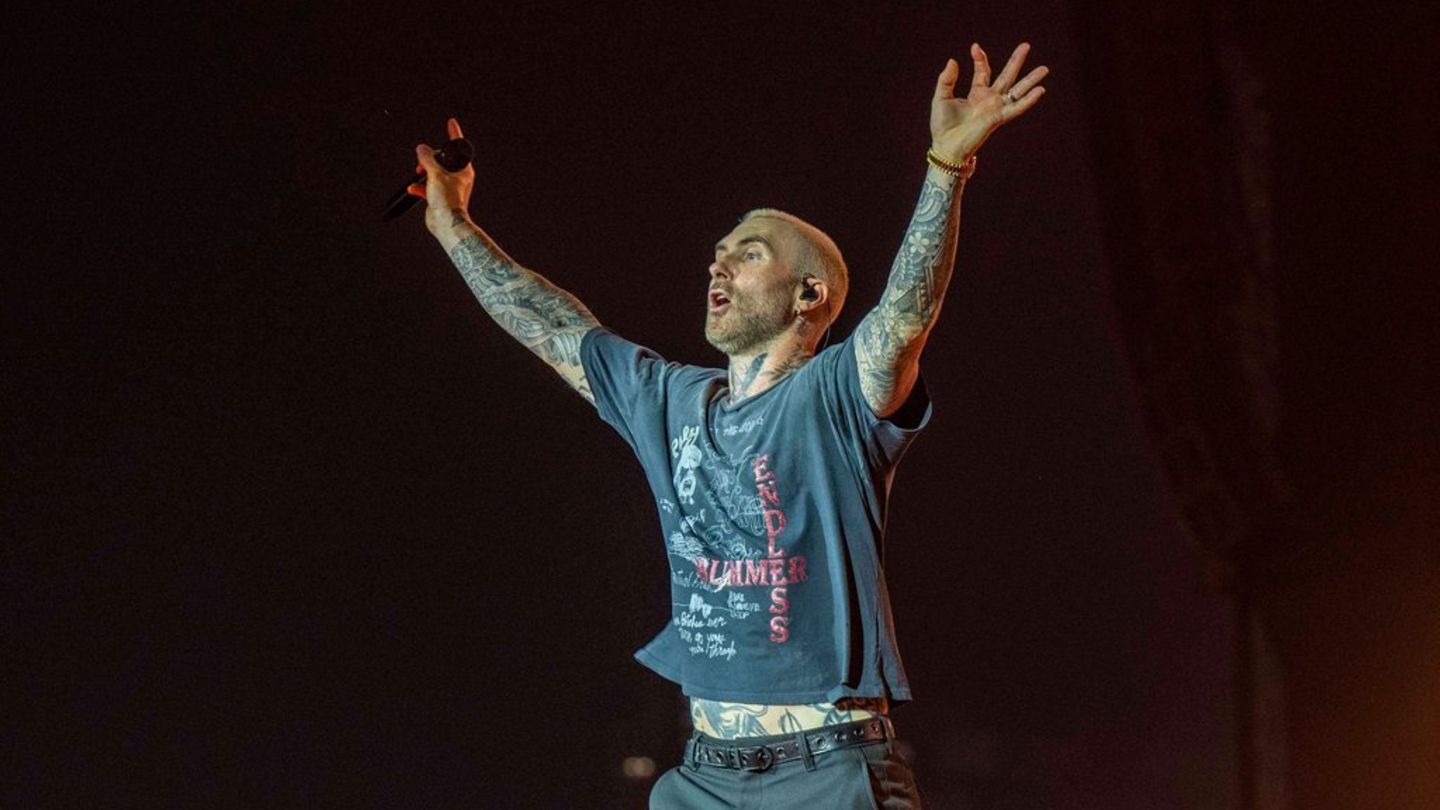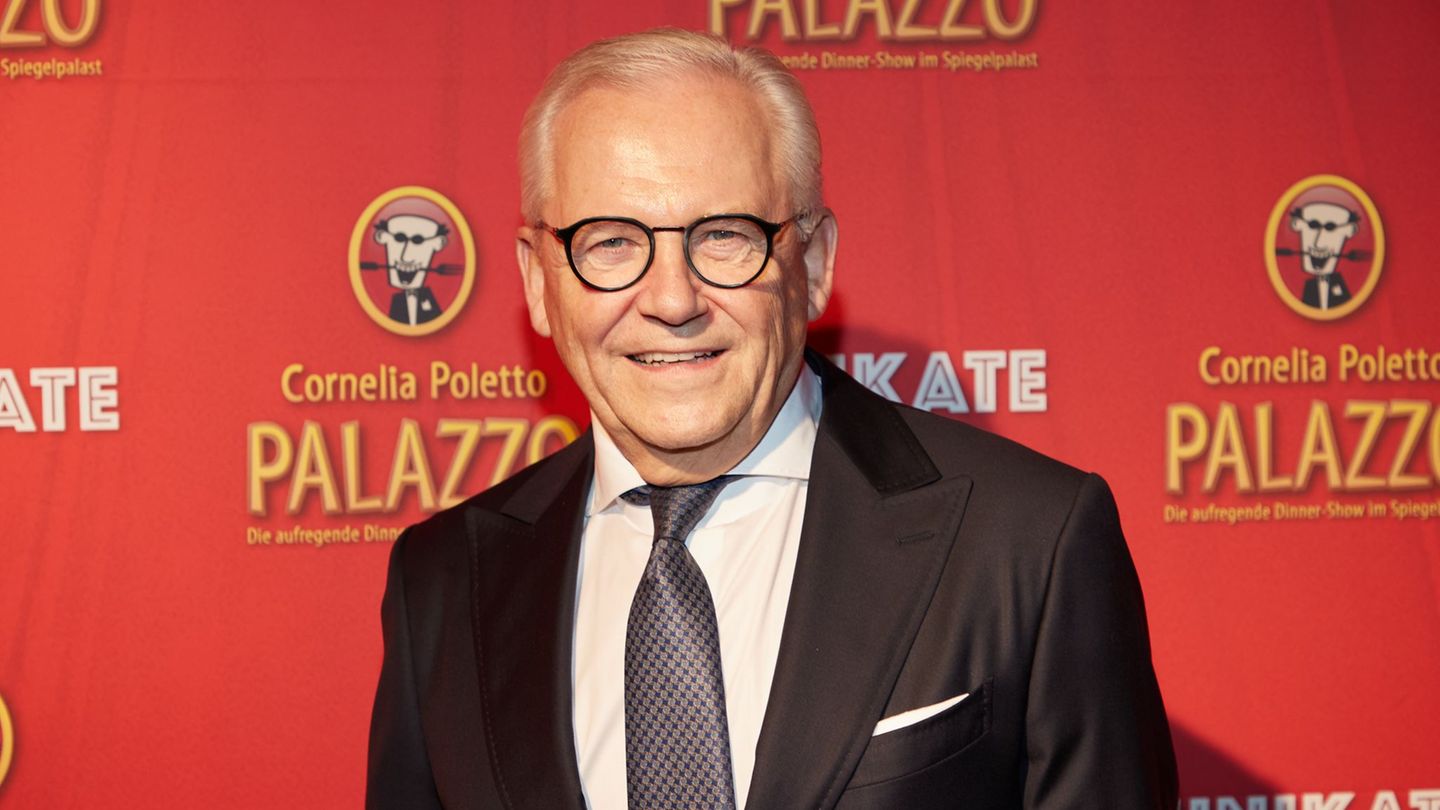Will the Sahra Wagenknecht alliance be the deciding factor? Is the time of the Left in the Saxon state parliament over? A few days before the election, only one thing is certain in the Free State: uncertainty.
When a new state parliament is elected in Saxony on Sunday, the outcome will be more uncertain than ever. As was the case five years ago, the CDU and AfD are neck and neck in the opinion polls. The SPD, Greens and Left Party are worried about being re-elected to parliament. And with the Sahra Wagenknecht (BSW) coalition, a new player has appeared on the political stage. Whether described as a “mystery package” or a “great unknown,” the BSW is clearly the third strongest force in the opinion polls, with ratings of up to 15 percent.
Gone are the days when the CDU only speculated about the size of the result, but not about its victory. Dresden political scientist Hans Vorländer makes it clear that from 1994 onwards, despite all its election victories, the Union lost more and more second votes. In 1994, it received just under 1.2 million of them, and in 2014, just over 645,000. In the 2019 election, it received 50,000 more votes.
CDU categorically rules out an alliance with the AfD
In the last state election in 2019, the CDU was able to keep the AfD (27.5 percent) at a distance with 32.1 percent. But the AfD has now beaten the Union in Saxony three times in two federal elections and one European election. Polls now indicate a close outcome. Sometimes the CDU is ahead, sometimes the AfD. The CDU categorically rules out an alliance with the AfD. The Office for the Protection of the Constitution in Saxony classifies the AfD in the Free State as definitely right-wing extremist.
In the latest ZDF political barometer, the CDU is at 33 percent, ahead of the AfD (30 percent). The BSW is at 12 percent, the Greens and SPD each at 6 percent. The Left Party would be out with 4 percent and would only have a chance if they win two direct mandates. The Free Voters got four percent in a previous survey and are hopeful. For the FDP, on the other hand, it seems that this is not enough again.
A Forsa survey commissioned by RTL/ntv shows a similar picture. Here the CDU achieved 33 percent and the AfD 31 percent. As in the ZDF political barometer, the BSW achieved 12 percent and the Greens 6 percent. The SPD is one percentage point better at 7 percent, the Left is one point worse at 3 percent.
“The outcome is more uncertain than ever,” says Leipzig political scientist Johannes Kiess. This is also making the election campaign more difficult. “The Greens and the Left could have to rely on direct mandates to even get back into parliament. There are so many unknowns, you really can’t say how the election will turn out.”
Political scientist Hendrik Träger – like Kiess, who works at the University of Leipzig – believes that many variants are possible in view of the survey results – from a three-party parliament consisting of the CDU, AfD and BSW to a parliament with seven parties, in which the SPD, the Left, the Greens and the Free Voters would also be represented. “That would make forming a government considerably more difficult.” He sees only the first three parties as “set”.
Will the incumbency bonus attract the Prime Minister?
For the Dresden political scientist Hans Vorländer, only one thing is certain: the Sahra Wagenknecht (BSW) coalition, which is running for the first time in a state election, will definitely have an influence on the formation of the government. In the case of CDU government leader Michael Kretschmer as the top candidate, he sees an incumbency bonus. Therefore, it cannot be ruled out that the CDU will ultimately finish ahead of the AfD.
According to Vorländer, Kretschmer would have a strong negotiating position if both the BSW and the Greens entered the state parliament. Then he could play them off against each other. But it is doubtful whether he will actually try to form a stable government with the BSW.
Kiess doubts whether the BSW is seriously interested in participating in the government or “whether Ms Wagenknecht is playing games and gambling with an eye on the federal election next year.” That is “probably her greater interest,” he said.
Will there be a new edition of the current government coalition?
The leading candidates of the SPD and the Greens have repeatedly emphasized during the election campaign that stable conditions are needed, and by this they mean themselves above all. But in recent polls, the current alliance of the CDU, the Greens and the SPD has rarely had a majority. This is why nervousness is increasing. The Greens recently denied that the BSW is a democratic party and see it as being infiltrated by the Kremlin.
There is also an accusation from the Greens that the CDU and SPD are working together. “We are observing that the CDU and SPD are preparing a minority government,” says Greens parliamentary group leader Franziska Schubert. Vorländer has at least observed that both parties are dealing with each other in a noticeably “careful” way during the election campaign. He puts this down to a well-rehearsed team. The CDU and SPD have already formed a coalition in Saxony three times.
A lot may also depend on how much “attacking” takes place shortly before the election, says Träger. The Prime Minister is not exactly squeamish with his criticism of the Greens. “This raises the question of whether the Greens will still be available as coalition partners if they are tarred and feathered during the election campaign.”
Kiess sees this primarily as election campaign rhetoric. But one should be careful not to break too much china, because perhaps soon they will have to talk together again.
Aggressiveness in the election campaign has increased
All three political scientists agree on one point: aggressiveness and populism have increased significantly. “It is reported that the street campaign is very violent, that it is taking on a brutal and uninhibited form,” says Vorländer. The case of the SPD politician Matthias Ecke, who was brutally beaten up in Dresden at the beginning of May while putting up posters for the European elections, is just the tip of the iceberg. It is a sign of the times that moods are stirred up and hatred spread not only in closed chat groups and social media, but also on the streets.
Source: Stern
I have been working in the news industry for over 6 years, first as a reporter and now as an editor. I have covered politics extensively, and my work has appeared in major newspapers and online news outlets around the world. In addition to my writing, I also contribute regularly to 24 Hours World.




